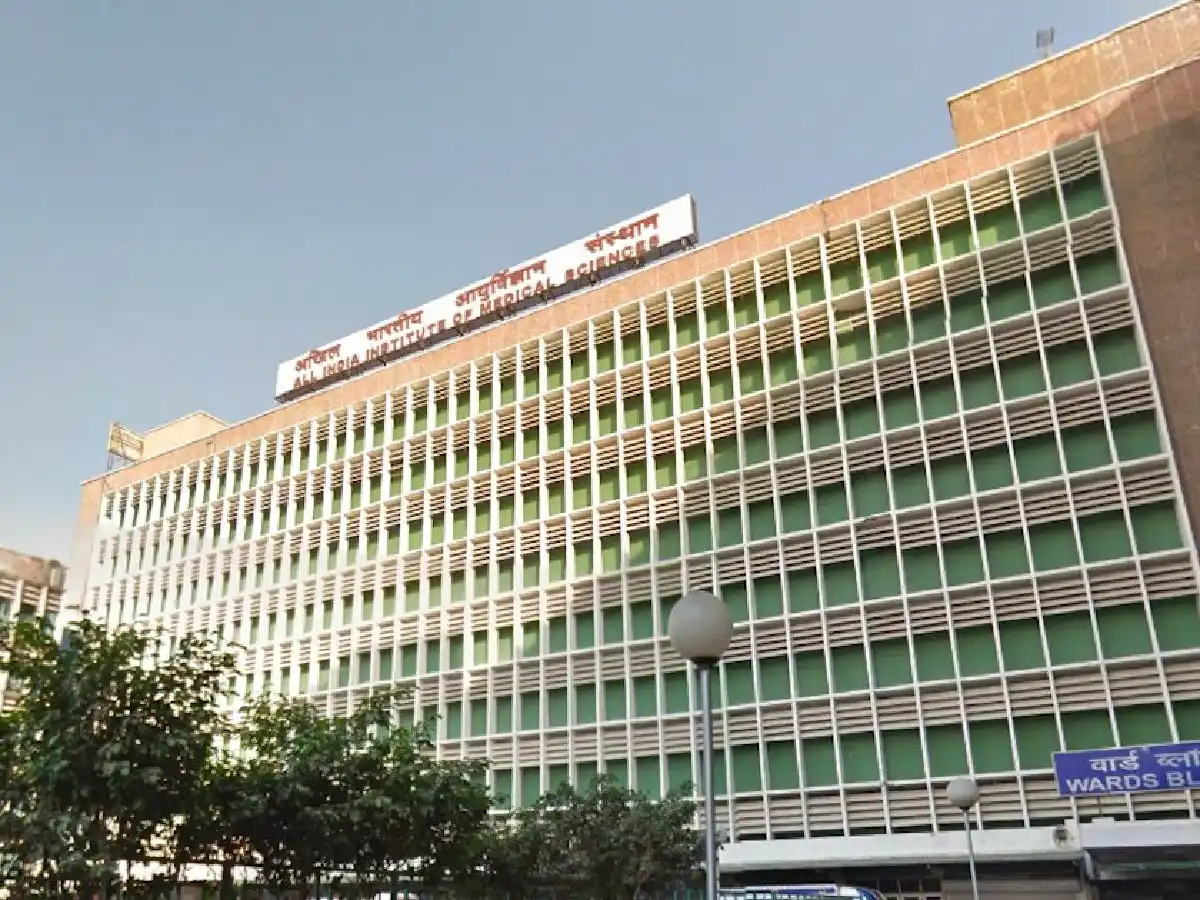After learning from the incident at RG Kar Hospital, AIIMS New Delhi has implemented a facial recognition system for both patients and staff. The project has recently begun at AIIMS in the Mother and Child Block as a trial initiative.
A trial is being conducted by All India Institute of Medical Sciences, New Delhi, using an advanced facial recognition access control and visitor management system in the Mother and Child Block. This effort aligns with the increasing focus on safety and regulating unauthorized individuals, particularly in important areas such as operating rooms and intensive care units.
As per AIIMS sources, the primary danger to patients comes from infections originating from outside sources. The presence of an outsider in the hospital raises the chances of infection in this scenario.
Patients are most vulnerable to external infections, as per AIIMS sources. In this scenario, the presence of a newcomer raises the risk of spreading infection in the hospital and unauthorized individuals also face challenges accessing clinical areas. AIIMS sources have stated that these types of incidents occur more frequently, particularly during the night.
Dr. (Prof.) Director of AIIMS New Delhi M. Srinivas suggested enhancing the security of staff, students, patients, and visitors to wards and outpatient clinics following the recent tragedy at RG Kar Hospital. Using facial recognition software can decrease unauthorized access to inpatient, diagnostic labs, facilities, and office and research areas through preventive measures.
Facial recognition technology will be utilized by FR-ACS to regulate access to restricted areas through flap barriers. Every patient, with the exception of emergency or critical cases, will be registered in FR-ACS upon admission. Their approval will be connected to their Unique Health Identification Number (UHID). Access privileges will be revoked automatically when discharged.
Visitors can use the FR-ACS for identity authentication and register via a specialized app using the system. The system will also enable them to distribute secure visitation invites that grant entry to designated areas based on their visit’s purpose.
Guests must present a valid government-issued ID and undergo facial recognition to receive a UVC for easy access, as long as they possess a valid invitation. Staffed convenience terminals will be provided at different entry points and patient areas to help those who are not as comfortable with technology.
Doctor (Professor) Reema Dada from the PIC Media Cell stated that this pilot project demonstrates our forward-thinking in providing healthcare security to previously underserved areas. By utilizing advanced technology, we will enhance visitor management while safeguarding our clinical spaces.
A specialized team has been established to lead the development of the VMS specifications, finalize the tender via GeM, and guarantee the system is operational by March 31, 2025. The committee will also be able to enlist outside members from the Society, DGHS, and other entities.

